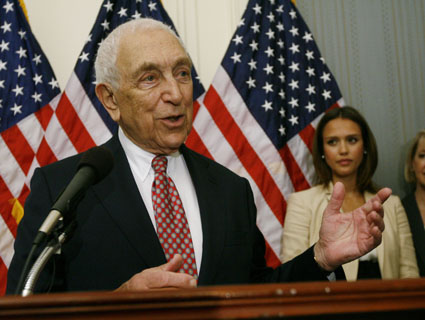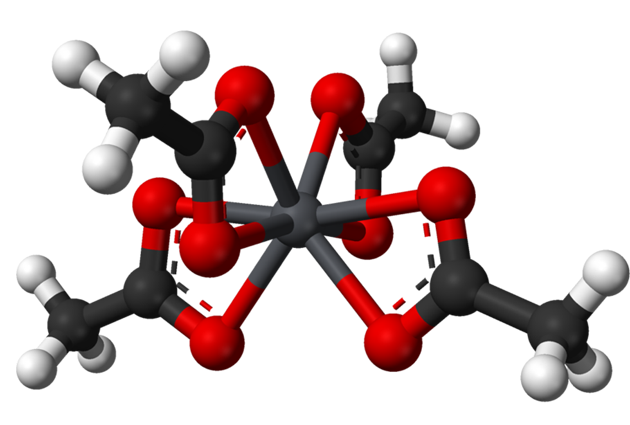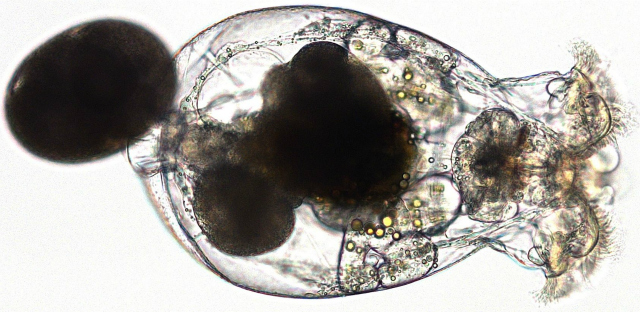
James Berglie/ZUMAPRESS.com
Frank Lautenberg, a five-term senator from New Jersey, died Monday at age 89. All over the internet, obituaries for the long-serving progressive note the issues he took up during his tenure, but one that often goes unnoticed is his work to overhaul chemical safety rules. For years, Lautenberg was the leading voice in the effort to reform the Toxic Substance Control Act, or TSCA, a 37-year-old law governing tens of thousands of chemicals.
Less than two weeks ago, Lautenberg unveiled a bipartisan reform bill that would have made some significant changes to the outdated—and many would say, dangerous—chemical rules. The bill was criticized by many in the environmental group as being too weak, especially as compared to bills that Lautenberg had introduced independently in the past. Still, chemical reform will be a legacy issue for Lautenberg.
“He [was] the person who really started the national conversation on reforming our chemical policies,” said Andy Igrejas, executive director of Safer Chemicals, Healthy Families, a coalition public health, environment, business and labor groups working on TSCA reform. “He’s been a real stalwart, a champion.” Despite being in poor health, Lautenberg had continued working on the bill he released in May. “Even as late as last week he was down in DC pushing it forward, crafting it, trying to get bipartisan support,” said Igrejas.
“He wasn’t someone who scared easily,” Igrejas continued. “A lot of politicians want to do the right thing, but in the face of a major lobbying effort by big money interests, they fold. He had the courage to really stick with big issues.”
Frances Beinecke, president of the Natural Resources Defense Council, also lauded his past work on chemicals: “Perhaps his most enduring achievement was to help inform and protect the public from the harm of toxic chemicals, including creating the nation’s toxic right-to-know law, establishing the US Chemical Safety Board and pushing for greater security at chemical plants.”
Lautenberg is also remember for his work on other public health issues, such as alcohol and tobacco.















